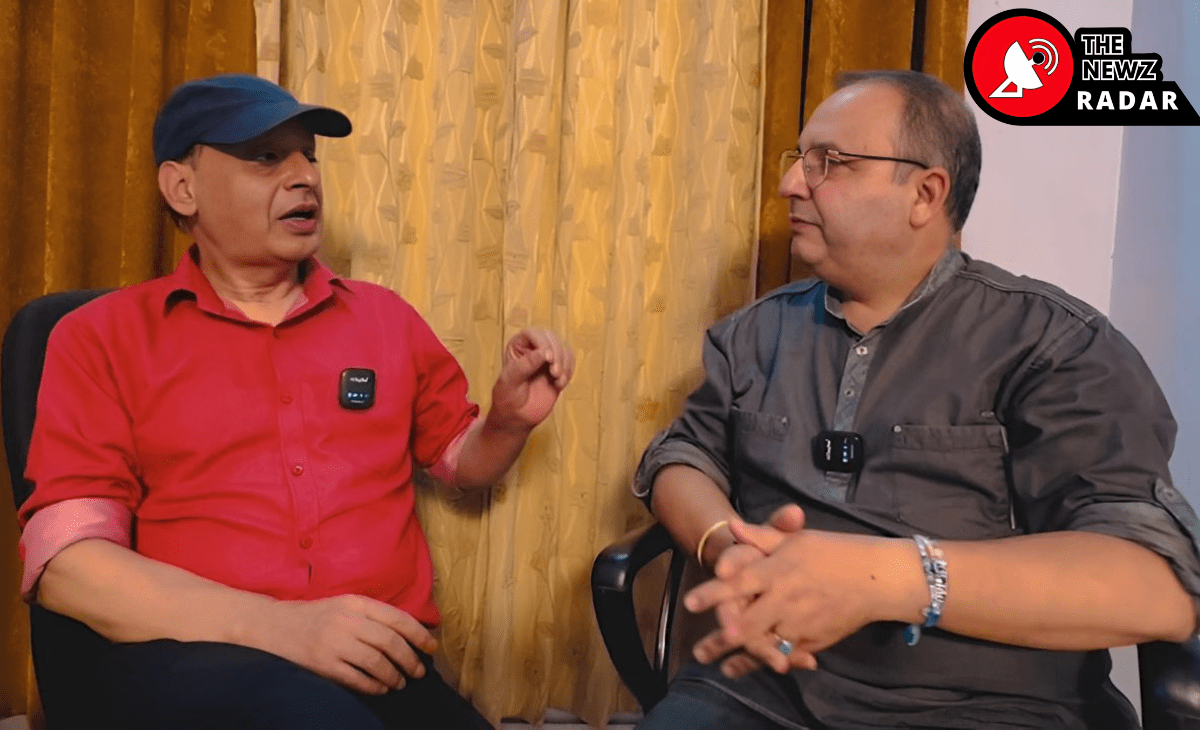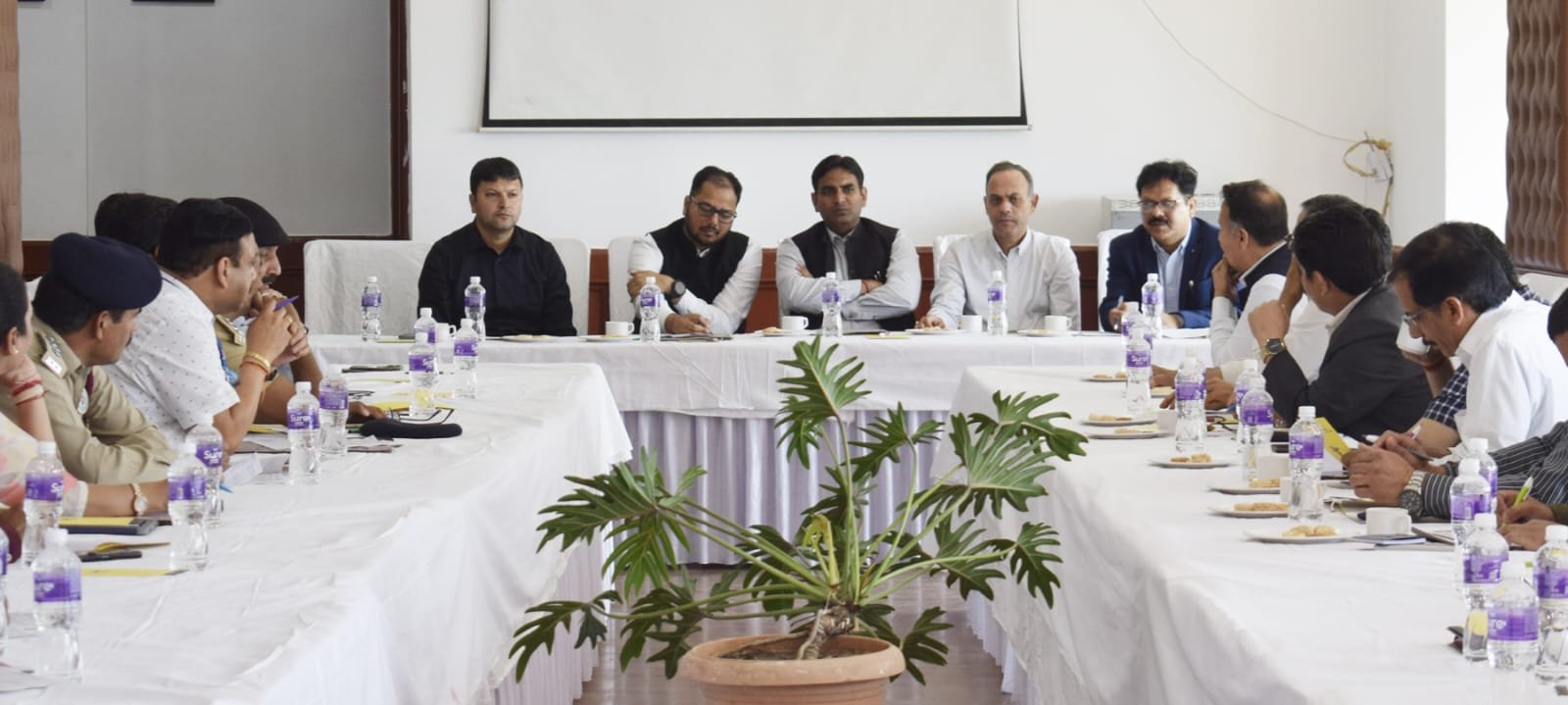Munish Sood
MANDI:
The devastating landslide in Kullu’s Akhara Bazar has not only shaken the hill state but also revived a curious debate around a Mandi-based retired engineer, Gopal Kapoor, whose startling prediction about the tragedy has come true.
On September 1, Kapoor sat down for an interview with The Newz Radar. When challenged to make a concrete forecast, he warned that Himachal would witness intensified destruction until September 8 and specifically named Akhara Bazar in Kullu as the site of impending disaster. Days later, multiple landslides struck the very spot, leaving several people dead and many others trapped.
Prediction becomes reality
In the interview, Gopal Kapoor said: “Akhara Bazar is going to face calamity and its condition will be very bad.” What unfolded soon after — a sequence of landslides that killed around nine persons — has led many to question whether his predictions are a mere coincidence or rooted in something deeper.
Earlier too, Gopal Kapoor had warned of increased devastation during the first week of September. The Sundernagar landslide on September 2 and the Kullu disaster appear to align with his timeline.
Supporters see divine power
For his growing base of supporters, Gopal Kapoor is no longer just an engineer. They believe he possesses rare foresight or divine strength and his accurate forecasts have made him a figure of intrigue.
Many draw parallels between his statements and references in Sanatan scriptures and Hindu mythology, arguing that what modern science discovers today was written centuries ago in Vedic texts.
“Every prediction I make has a basis in Sanatan knowledge,” Gopal Kapoor insists. “If the government supports me and allows research, I can prove the foundation of my forecasts.”
Critics remain sceptical
Not everyone is convinced. Critics argue that linking natural disasters to individual predictions risks spreading fear and superstition. They caution against glorifying one person’s claims when climate change, unregulated construction and fragile Himalayan geology are known scientific factors behind recurring landslides.
Yet, what remains undeniable is the timing and accuracy of Kapoor’s latest statement — a rare on-camera forecast that came true within days.
“The engineer’s rise to prominence has now sparked a broader question: Should such forecasts be treated as superstition or should authorities at least consider them as an early warning tool?” asks a Mandi resident. While official agencies rely on meteorological and geological data, Kapoor’s supporters say ignoring his foresight could mean missing vital clues about potential disasters.
For now, the Kullu tragedy has once again blurred the lines between faith, science and fear, placing Gopal Kapoor at the heart of an unusual debate — is he an eccentric voice of chance or a man with genuine foresight?





